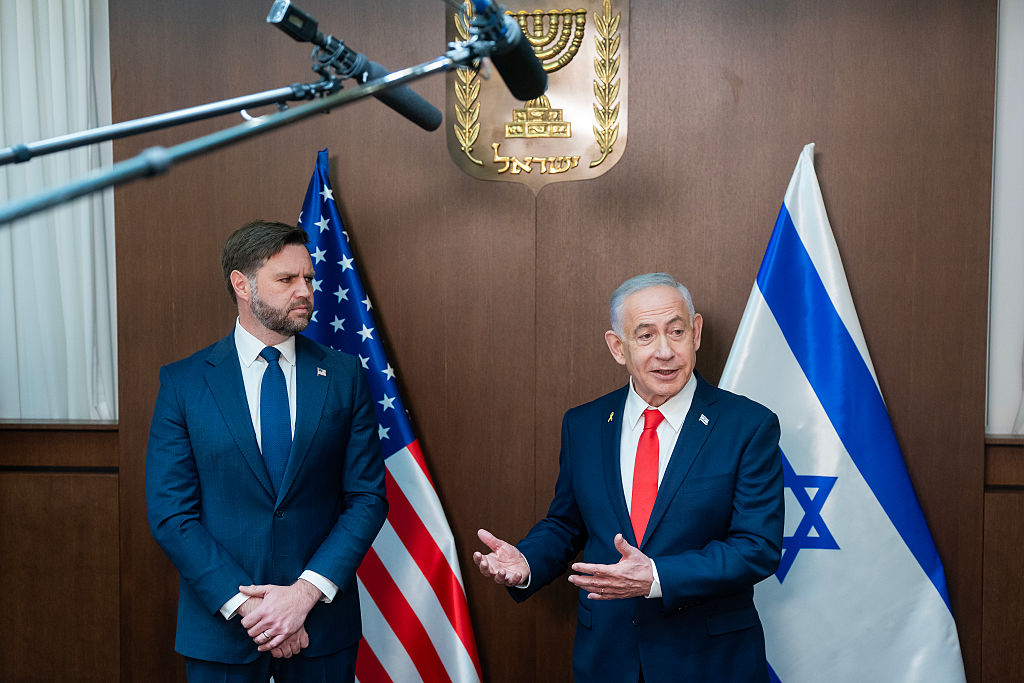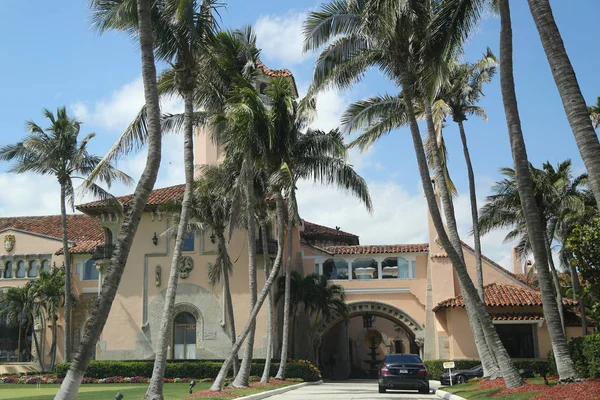Why Israel Isn’t Really a ‘Protectorate’
Washington should work with the Jewish state when doing so serves U.S. interests.

Conservative influencers like Steve Bannon have labeled Israel a U.S. “protectorate,” depicting it as a vassal state rather than an autonomous power in its own right, a charge that recently got under the skin of Israeli Prime Minister Benjamin Netanyahu. Washington’s foreign policy establishment avoids that characterization, preferring instead the comfortable rhetoric of “strategic partnership” and “shared values.”
But a clear-eyed examination of the relationship suggests something more complicated—and more problematic—than either framework suggests.
A protectorate, in traditional terms, describes a dependent state that maintains nominal sovereignty while relying on a great power for security guarantees, diplomatic backing, and financial support. The patron power, in exchange, expects certain behaviors and alignment with its strategic interests.
Does this describe the U.S.–Israel relationship? In some respects, yes. Israel receives approximately $3.8 billion annually in U.S. military aid—the largest such commitment to any country—a sum that ballooned following Hamas’s atrocities on October 7, 2023. Moreover, Washington provides diplomatic cover at the United Nations, where it has repeatedly vetoed Security Council resolutions critical of Israeli actions. American military intervention in the region, from the 1991 Gulf War to the 2003 Iraq invasion, has consistently served to eliminate or weaken Israel’s regional adversaries.
But here’s where the protectorate framework breaks down: Unlike traditional protectorates, Israel frequently acts against explicit American preferences without meaningful consequences. A true protectorate doesn’t expand settlements when its patron objects, doesn’t conduct military operations that complicate its patron’s regional diplomacy, and doesn’t cultivate direct relationships with the patron’s legislature in a bid to bypass executive authority. In light of these frequent deviations from U.S. strategic interests, Bannon’s description should be seen as aspirational and normative, a rhetorical effort to prompt President Donald Trump to put Israel in its place.
But the reality is more perverse. The United States provides the material benefits of a protector—security guarantees, military aid, diplomatic backing—while Israel retains the autonomy of a fully sovereign state. Washington bears the costs and regional blowback of supporting Israeli policies while often lacking or failing to exert leverage to shape those policies in ways that serve broader American interests.
This inverted relationship reflects the unique domestic politics surrounding Israel in American policy circles. Thanks to effective lobbying, strategic political contributions, and the cultivation of bipartisan support, the defense of Israel became one of the few lasting points of foreign policy consensus in an otherwise polarized Washington. Politicians from both parties have competed to demonstrate their pro-Israel credentials, creating an environment where questioning the relationship was largely taboo.
The result has been a foreign policy captured by special interests rather than guided by the national interest. American taxpayers subsidize Israeli military capabilities while American diplomats manage the regional fallout. U.S. credibility in the Muslim world suffers while Israel pursues policies—from settlement expansion to disproportionate military responses—that complicate American diplomatic initiatives. As more Americans have become aware of this dynamic, the taboo against questioning the “special relationship” has broken down.
Defenders of the relationship argue that Israel provides intelligence sharing, technological cooperation, and a democratic anchor in a turbulent region. These benefits are real but often overstated. Israel’s intelligence regarding Iran or regional militant groups can be valuable, but it comes filtered through Israeli strategic priorities that don’t always align with American ones. Israeli military technology contributes to U.S. capabilities, but at what diplomatic cost?
The fundamental question is whether supporting Israel’s actions—not merely its existence, but its ongoing policies in the occupied territories and the region broadly—serves American strategic interests in the Middle East and beyond. Does it enhance U.S. security, facilitate counterterrorism cooperation, stabilize oil markets, advance American economic interests, and grow Washington’s soft power? Or does it complicate all of these objectives?
A realist approach to the relationship would acknowledge Israel as a capable regional power that no longer requires the level of American support established during the Cold War. It would condition aid on behavior that serve mutual interests rather than treating the relationship as unconditional. It would recognize that American and Israeli interests, while sometimes aligned, are not identical—and that treating them as such serves neither country well in the long run. This was the view put forward by Vice President J.D. Vance at a recent Turning Point USA event, when university students in the audience questioned the U.S.–Israel relationship.
Israel is not a U.S. protectorate in the traditional sense because it retains too much autonomy. But neither is it a normal ally, because the relationship involves too much American commitment with too little American influence. This worst-of-both-worlds arrangement persists not because it serves the American national interest, but because domestic political realities make it nearly impossible to recalibrate.
Until Washington can have an honest conversation about what it gains and loses from this relationship—and what a more balanced partnership might look like—American policy in the Middle East will continue to be constrained by commitments that serve narrow constituencies rather than broader strategic objectives.
The question isn’t whether the United States should abandon Israel, but whether it can develop a mature relationship based on mutual interests rather than one-sided obligations. That would serve both countries better than the current fragile arrangement, which increasingly resembles a patron state captured by its supposed client. Fortunately, U.S. leaders including Vance are beginning to strike the right balance in thinking about this unique bilateral relationship.
The post Why Israel Isn’t Really a ‘Protectorate’ appeared first on The American Conservative.

